Closed-circuit television (CCTV) cameras can provide invaluable evidence about what happened in a particular situation, but that does not mean the footage can always be used in court. It must also comply with various legal regulations.
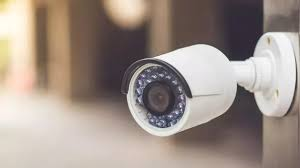
Why do people use CCTV cameras?
CCTV cameras can be used for a variety of reasons. Most obviously, they are a security measure used to deter crime or identify persons of interest.
They can also be used in non-criminal contexts. For example, a CCTV drain survey Coventry, such as that supplied by www.wilkinson-env.co.uk/drainage-services-cctv-surveys-midlands/cctv-drain-surveys/cctv-drain-surveys-coventry, can help locate potential problems in otherwise inaccessible areas underground.
Why would CCTV evidence be inadmissible in court?
There are many rules governing what evidence is and is not admissible in court. In the case of CCTV footage, there may be questions about the installation of the cameras, how the footage was obtained or whether it had been altered in any way. Particularly important is the Data Protection Act of 2018.
The Data Protection Act and associated regulations state that CCTV cameras must be clearly visible and labelled as operational, that footage must only be used for its originally designated purpose, that footage must not be stored longer than necessary, and that any recordings are kept securely, in a tamper-proof location, with accurate date and time stamps. This helps ensure the reliability of the CCTV evidence, and it protects people’s rights. The footage must not invade anyone’s privacy.
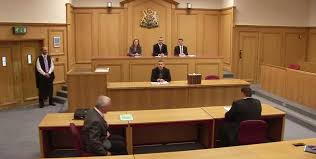
Ensuring the most effective use of CCTV cameras
Even if CCTV footage is admissible, it will not always be useful. You need to ensure that your cameras are situated in the most appropriate site, that they are properly maintained and working correctly, and that they record clear, usable images. This may be easier if you utilise the assistance of professionals with experience in CCTV installation and maintenance.
You may be able to use CCTV evidence in court, but only if that evidence was legally obtained and complies with all relevant laws and regulations. Even then, you still need to ensure that the cameras are properly installed and working effectively.



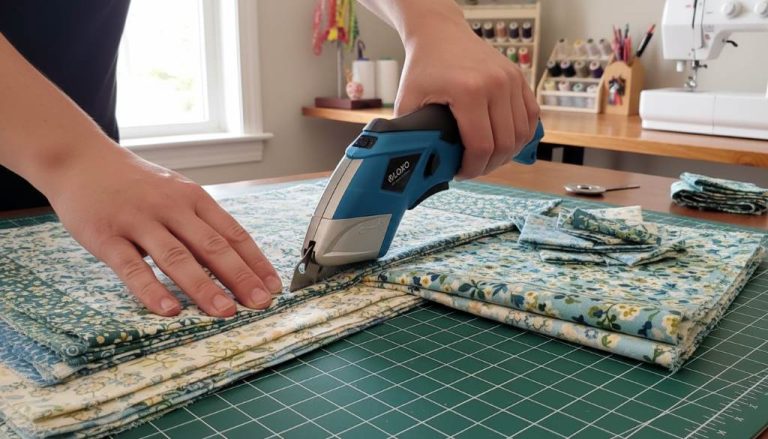
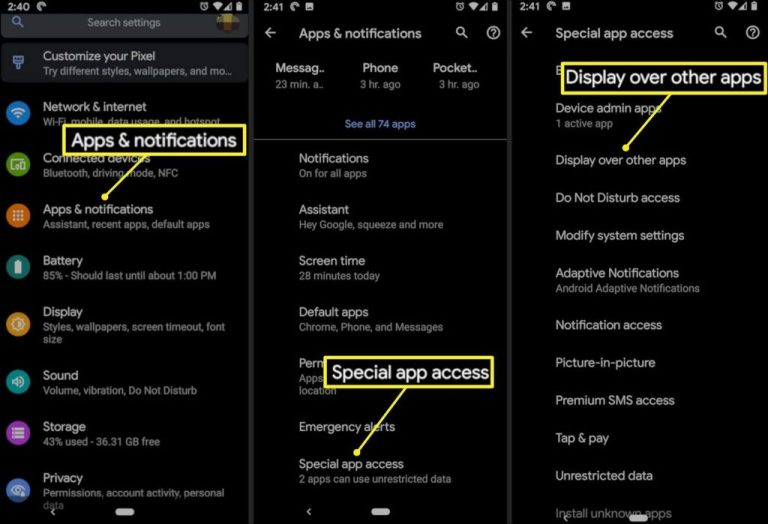
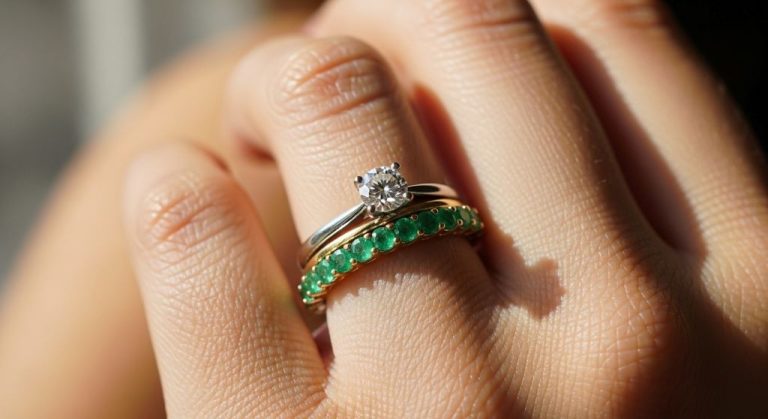


+ There are no comments
Add yours